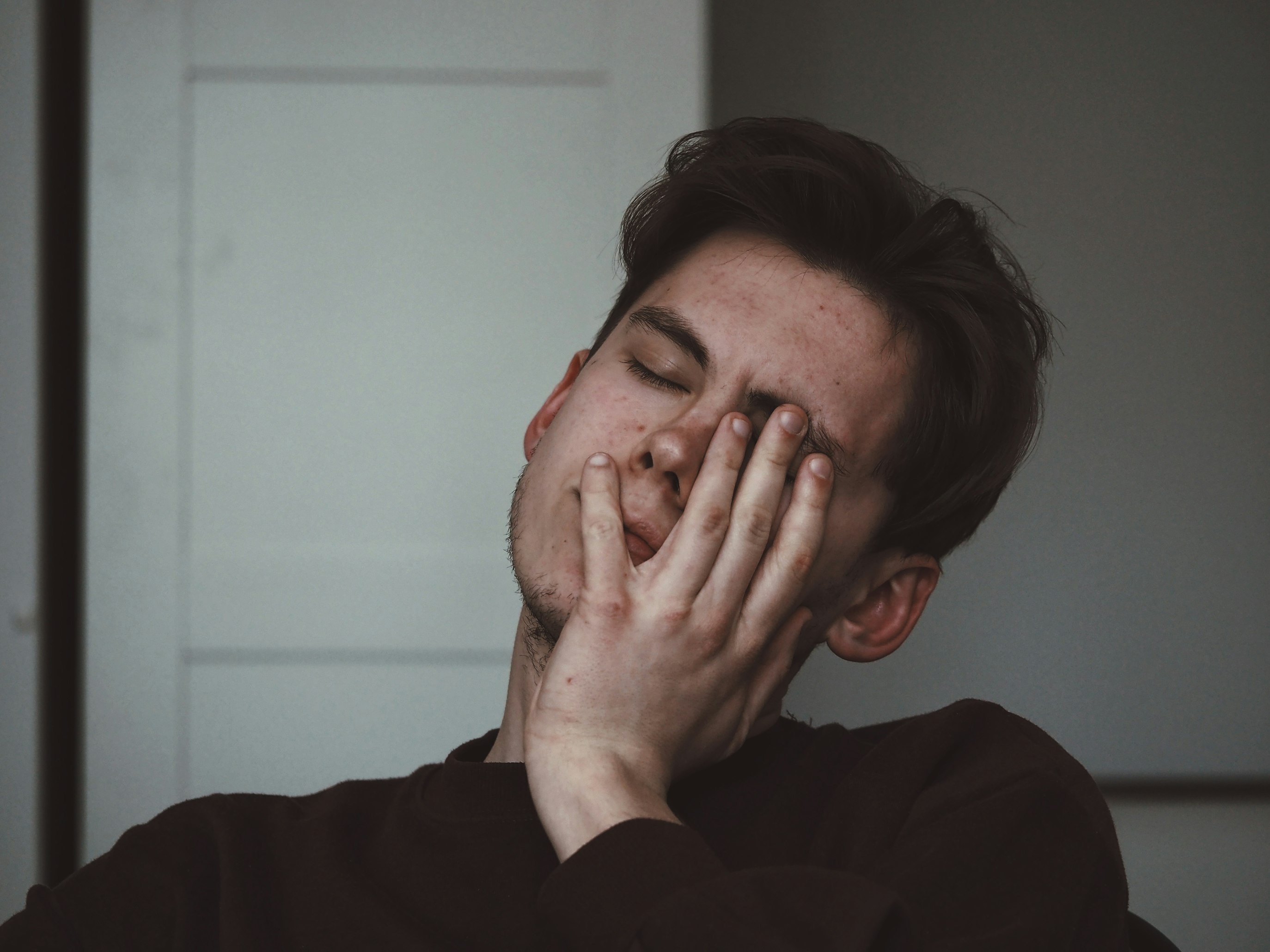How anxiety disorder can cause persistent headaches
Anxiety is a normal part of life – a strong emotion associated with and triggered by potential future events with uncertain and possibly negative outcomes. All people feel anxiety on a regular basis – it’s a natural instinct and a mechanism that’s supposed to prepare us mentally and physically for what’s to come. However, if your anxiety starts to get out of control and gets in the way of your regular life, then you may be dealing with an anxiety disorder. This is a mental condition that causes people to feel irrational and/or overwhelming anxiety, that’s usually triggered by specific situations, places, people, or even thoughts.
If any of this sounds familiar and you think you may be suffering from an anxiety disorder, there’s a high chance you are right. According to research, about 30% of people worldwide suffer from some form of anxiety disorder, with the most common ones being:
- Generalized anxiety disorder
- Panic disorder
- Different types of phobias
- Social anxiety disorder
- Post-traumatic stress disorder
- Separation anxiety disorder
Unsurprisingly, any type of anxiety disorder can cause high levels of stress, leading to a number of negative psychological and physiological effects. A very common physiological side effect of suffering from an anxiety disorder are chronic headaches. A lot of people with anxiety disorders experience persistent headaches which could, in turn, make their anxiety even worse, thus creating a particularly problematic negative feedback loop.
The physiological effects of anxiety
Chronic headaches are only one of the many symptoms that are commonly associated with anxiety disorders. Although there’s some variation in the specific physiological symptoms caused by the different types of anxiety disorder, the majority of them overlap. The most common symptoms are:
- Chest pain
- Cold sweat
- Increased heart rate (without being engaged in a physically-demanding activity)
- Dizziness, vertigo
- Numbness in the limbs
- Trouble breathing
- Uncontrollable trembling
- Frequent and lasting headaches
- Why anxiety causes headaches
Research shows that there’s a clear correlation between anxiety and a higher likelihood of experiencing severe headaches and migraine. Individuals suffering from an anxiety disorder (especially generalized anxiety disorder) are at a notably higher risk of developing new daily persistent headaches (NDPH). Additionally, the risk of their headaches becoming chronic is also increased, compared to people without any anxiety disorders.
Although more research is needed to determine the exact relation between anxiety and headaches, here are three notable connections:

Genetic predisposition
It seems that some people are more naturally predisposed to both higher levels of anxiety and more frequent headaches. Such people also seem to be more susceptible to depression. The good news is this doesn’t mean that nothing can be done to make a person less prone to feeling anxious – there are many effective methods to modify one’s behavior and make them more resilient to anxiety and other negative emotions, in spite of that person’s genetic predisposition to them.
Similarity in symptoms
Anxiety and migraines have very similar psychological and physiological symptoms, including heightened irritability and muscle tension. Furthermore, it’s possible that the tension in muscles caused by anxiety could, in and of itself, trigger a headache or even a migraine episode.
Headaches triggering anxiety
As we mentioned earlier, feeling anxiety-induced headaches could, in turn, worsen a person’s anxiety. It’s already difficult enough for most people to avoid getting overwhelmed by their thoughts and emotions during an anxiety episode, and feeling a headache at the same moment can only make things worse. This is why many people would resort to over-the-counter medications to ease their headaches, but that merely takes care of the symptom and not the core problem, which is the anxiety disorder.
It starts in your mind
Even though some people’s genetic make-up could make it easier for their brain chemistry to become unbalanced and lead to anxiety disorders and headaches, it’s important to understand that you have more control over your state of mind than you might realize. Of course, it’s naive to think that you could simply “decide” not to have anxiety anymore – that’s not how it works, and it is also the reason many people think there’s little they can do about their anxiety disorders without resorting to medication. However, while prescribed medications can be helpful, it can be just as useful to try different techniques that will let you rewire your brain by modifying its neural pathways, so that your anxiety stops being so debilitating. One of the most important aspects of dealing with any sort of mental disorder is to realize that you are allowed to be in control of your mind and that you have the willpower to seize that control. Undeniably, this is not an easy thing to do, but it’s incredibly important when it comes to reaching a more peaceful state of mind.
It’s a process
Rewiring your brain and modifying your behavior so that you are no longer as susceptible to anxiety won’t happen overnight. It could take weeks and months to see an improvement, or even more if you don’t know where to look for the right information. Contacting a specialist to help you with your anxiety is one way to approach this issue, but if you don’t have the time or funds to do that, or simply don’t like this option, a good alternative is to enroll in an online behavior modification class. By doing so, you will learn about different methods and exercises to help you alter your way of thinking and escape that self-imposed prison of perpetual anxiety that so many people find themselves trapped in.
